The MPV Blood Test Explained: What It Reveals About Your Health

When it comes to understanding our health, blood tests play a crucial role. One such test is the Mean Platelet Volume (MPV) blood test. This test is essential for assessing platelet size, which can reveal important information about your health. In this blog post, we will explore what the MPV blood test is, what it means if your MPV levels are high or low, and what symptoms might be associated with these variations.
What is the MPV Blood Test?
The MPV blood test measures the average size of your platelets, the small blood cells involved in clotting. Platelets are crucial for stopping bleeding by clumping and forming plugs in blood vessel injuries. The test is usually part of a complete blood count (CBC), which is a routine blood test performed for various health assessments.
What Does the MPV Blood Test Reveal?
The MPV blood test can provide valuable insights into your platelet production and function. Here’s what different MPV results might indicate:
- Normal MPV Range: The normal range for MPV is typically between 7.5 and 11.5 femtoliters (fL). This range can vary slightly depending on the laboratory and the individual’s health condition.
- Low MPV Blood Test: A low MPV result might suggest that your platelets are smaller than average, which could indicate bone marrow disorders or certain inflammatory conditions.
- High MPV Blood Test: A high MPV result means your platelets are larger than average. This could be due to increased platelet production in response to bleeding, a condition affecting the bone marrow, or other health issues.
Low MPV Blood Test: Causes and Symptoms
A low MPV blood test result can occur for various reasons. Common causes include:
- Bone marrow disorders
- Chronic inflammatory diseases
- Certain types of anemia
Symptoms associated with low MPV might include easy bruising, frequent nosebleeds, or prolonged bleeding from cuts.
High MPV Blood Test: Causes and Symptoms
High MPV levels can indicate that your body is producing larger platelets, which could be a response to various conditions such as:
- Blood loss
- Infections
- Bone marrow disorders
Symptoms of high MPV can include headaches, dizziness, or a higher tendency to form blood clots.
Frequently Asked Questions
Q1: What is an MPV blood test, and why is it important?
Ans: The MPV blood test measures the average size of your platelets, which are essential for blood clotting. It helps diagnose and monitor various health conditions, including bleeding disorders and bone marrow diseases.
Q2: What does a low MPV blood test mean?
Ans.: A low MPV blood test indicates that your platelets are smaller than average, which could be due to bone marrow disorders, chronic inflammation, or certain types of anemia. It’s important to consult your doctor for a detailed evaluation.
Q3: What are the implications of a high MPV blood test?
Ans: A high MPV blood test means your platelets are larger than normal, which might be a response to bleeding, infections, or bone marrow disorders. This condition could increase your risk of forming blood clots, so further investigation by a healthcare professional is recommended.
Conclusion
The MPV blood test is a valuable tool for assessing platelet size and understanding various health conditions. Whether your MPV levels are normal, low, or high, it’s essential to discuss the results with your doctor to determine the underlying causes and appropriate treatments. By keeping track of your MPV levels, you can gain important insights into your overall health and take proactive steps to maintain it.
Related Blogs
-
PSA Test (पीएसए टेस्ट) - What Is It, Cost, Symptoms, And How Does It Work?
 - What Is It, Cost, Symptoms, And How Does It Work.jpg)
-
How to Lower Thyroid Antibodies Naturally and Manage Thyroid Peroxidase Antibodies?

-
RDW (Red Cell Distribution Width) Test: Understanding It's Significance And Interpretation

-
Marvel Path Lab - Your Trusted Partner in Comprehensive Blood Testing

-
थायराइड क्या है? थायराइड के कारण, लक्षण और प्रभावी घरेलू उपचार (Home Remedies For Thyroid in Hindi)
.jpg)
-
Discover the Ultimate Liver Detox: Top 15 Foods to Naturally Cleanse Your Liver

-
The Ultimate Guide to Understanding MCV in Blood Tests

-
AMH Levels Unveiled: What is a Good AMH Level to Get Pregnant

-
Weil Felix Test - Marvel Path Lab

-
Exploring Fructosamine Testing: Marvel Path lab

-
Exploring Malaria Causes, Symptoms, And Cutting-Edge Diagnosis Techniques

-
Unlocking the Secrets of Fertility: Understanding Semen Analysis

-
Hot Weather, Cool Tips: Mastering Summer Wellness Like a Pro!

-
Homocysteine Test in Hindi:होमोसिस्टीन टेस्ट क्या है, खर्च, नॉर्मल रेंज, कैसे क्यों और कब होता है!

-
Optimizing Your Health Through Food Intolerance Testing: A Step-by-Step Guide

-
Your Allergy Questions Answered: Causes, Symptoms, and Diagnosis

-
Boost Your Heart Health: Simple Ways to Manage Homocysteine Levels Through Diet

-
Does MCV (Mean Corpuscular Volume) Fluctuate

-
Understanding Normal Values in a Peripheral Smear Test

-
Understanding the Prolactin Blood Test: Purpose, Procedure, and Interpretation

-
CA सीए 125 टेस्ट - क्यों किया जाता है, इसकी आवश्यकता क्या है, और जानें इसके बारे में

-
Understanding the Anti-Müllerian Hormone (AMH) Test: A Simple Guide
 Test.jpg)
-
Understanding Pancreas Blood Tests

-
Understanding the CO2 Blood Test: A Simple Guide to Your Health

-
Albumin Blood Test

-
Everything You Need to Know About the Globulin Blood Test

-
Allergy Blood Test

-
Understanding Cardiac Blood Tests: A Guide to Heart Health

-
Decoding Your Chloride Blood Test: What You Need to Know

-
Calcium Blood Tests: A Vital Tool for Assessing Bone and Heart Health

-
The Silent Indicator: Understanding the Fecal Occult Blood Test (FOBT)
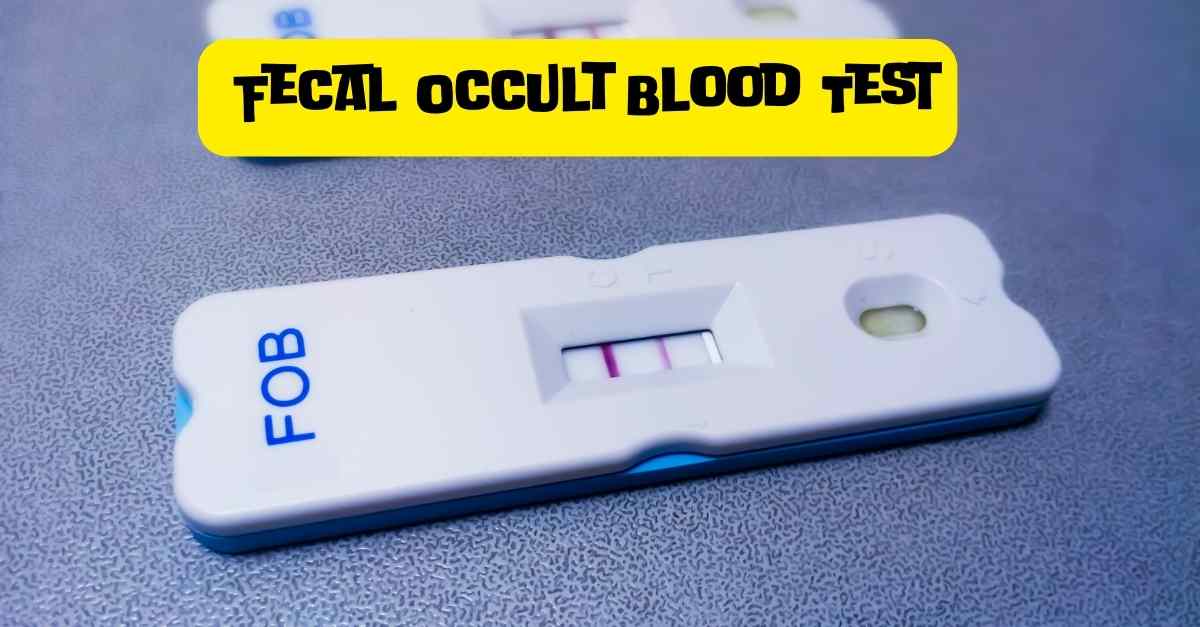
-
All About the C3 Complement Blood Test: Normal, High, and Low Ranges Explained

-
Simplifying the Anion Gap Blood Test: What You Need to Know

-
CA-125 Blood Test

-
Understanding Lung Cancer: Symptoms, Causes, and Prevention

-
Exploring the Long-Term Health Effects of Tobacco Use

-
Beating the Heat: Essential Tips for Staying Cool and Safe

-
Summer Health Tips: Stay Cool, Stay Healthy!

-
मंटौक्स परीक्षण (Mantoux test) के लिए व्यापक गाइड: प्रक्रिया, व्याख्या और महत्व

-
The Comprehensive Guide to ALT Blood Test

-
AST Blood Test: Your Guide to Liver Health Assessment

-
SGPT Blood Test
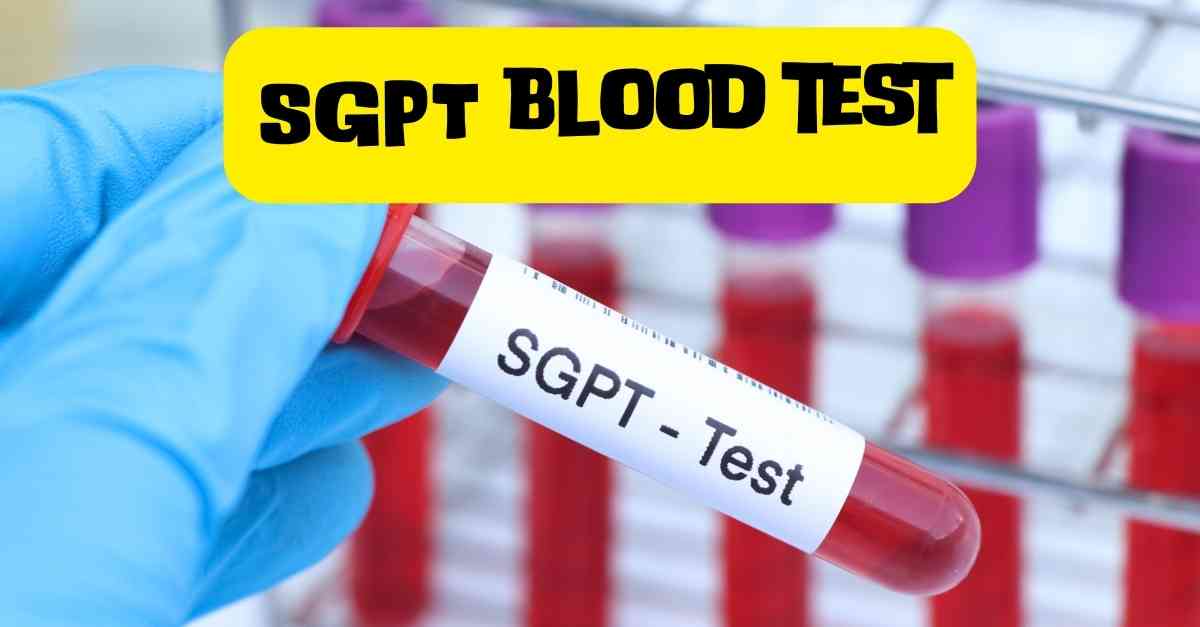
-
Serum Bilirubin Test in Hindi -सीरम बिलीरुबिन टेस्ट की पूरी जानकारी

-
Everything You Need to Know About the MCH Blood Test
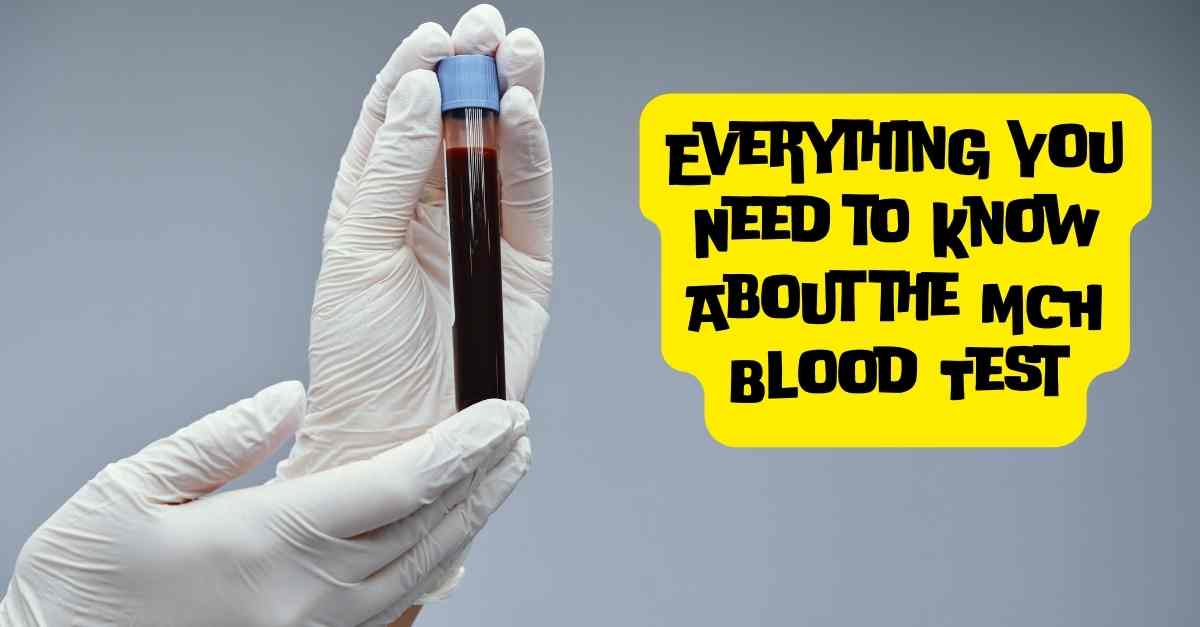
-
Best Home Remedies to Naturally Detox Liver

-
Unveiling the Side Effects of Excessive Vitamin B12 Intake

-
Best Foods for Kidney Detox Naturally Boost Your Renal Health

-
LKM Antibody Test: A Comprehensive Guide

-
लीवर फंक्शन टेस्ट: समझें, क्या होता है और कैसे काम करता है

-
Amylase Blood Tests
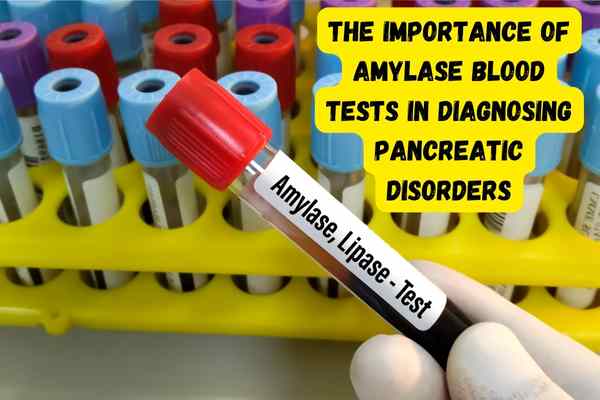
-
Vanillylmandelic Acid-VMA Urine Tests

-
Everything You Need to Know About the CRP Test
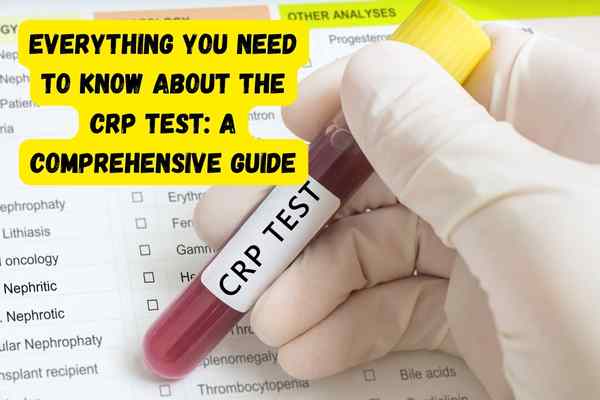
-
Simple Strategies for a Healthy Liver: Your Ultimate Guide

-
Ferritin Test in Hindi (सीरम फेरिटिन टेस्ट)
.jpg)
-
Karyotyping Test Explained in Hindi: कैरियोटाइपिंग टेस्ट

-
All About PRL Blood Test and Its Impact on Prolactin Levels
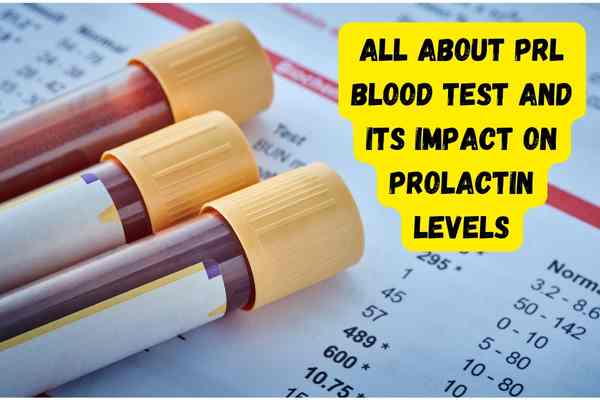
-
Acid-Fast Bacillus (AFB) Tests Demystified
 Tests Demystified.jpg)
-
Acetaminophen Level Tests

-
Empowering Awareness: Your Guide to ADHD Screening

-
Adrenocorticotropic Hormone (ACTH) Test
 Test.jpg)
-
Are You Drinking Too Much The Essential Guide to Alcohol Use Screening Tests

-
Breaking: New Study Reveals Surprising Link Between Aldosterone Levels and Heart Health

-
High or Low What Your Alkaline Phosphatase Levels Mean for You
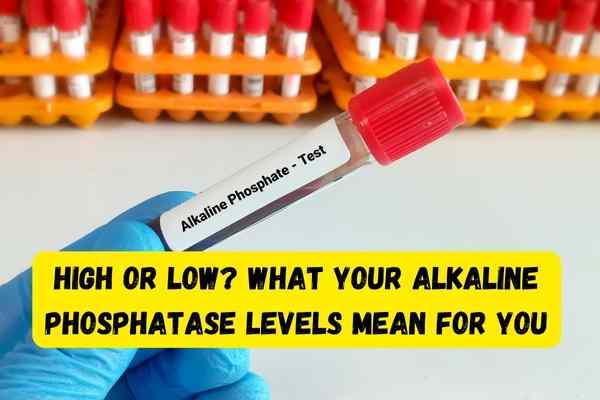
-
Attention: Must-Know Facts About Allergy Blood Testing

-
Allergy Skin Tests

-
The Role of the ANA Test in Diagnosing and Treating Autoimmune Conditions

-
The Acid Phosphatase Test: What You Need to Know About Sample Types and Report Timing

-
Albumin Fluid Test: Significance, Sample Types, and Report Timeline

-
Ammonia Blood Test: Sample Type, Report Generation Time, and Diagnostic Importance
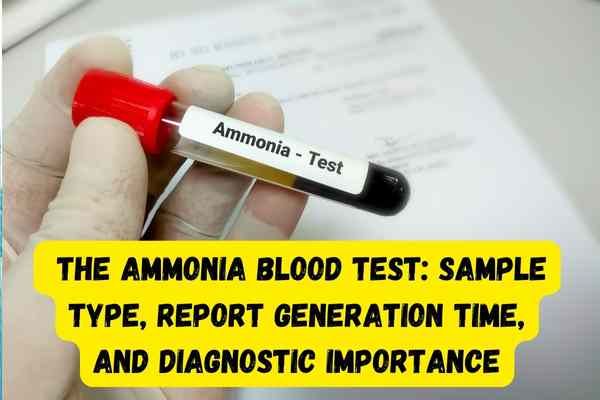
-
Angiotensin Converting Enzyme (ACE): Its Role, Sample Types, and Report Generation Time
 Its Role, Sample Types, and Report Generation Time.jpg)
-
Bile Acid Total Blood Test: Sample Type and Report Generation Time Explained

-
Blood Urea Nitrogen (BUN) Levels Explained: Fast, Accurate Testing with Blood Samples at Marvel Path Lab
 Levels Explained Fast, Accurate Testing with Blood Samples at Marvel Path Lab.jpg)
-
Amniocentesis Fluid Test : the Procedure, Sample Type, and Report Results

-
The Hidden Dangers of Bird Flu: What You Need to Know About Avian Influenza

-
Zika Virus : ज़ीका वायरस के कारण , लक्षण और बचने के उपाय

-
तेजी से फ़ैल रहा है West Nile Virus जाने यह बीमारी क्या है और इससे कैसे करे अपना बचाव
 48 मामलो की हुई पुष्टि.jpg)





